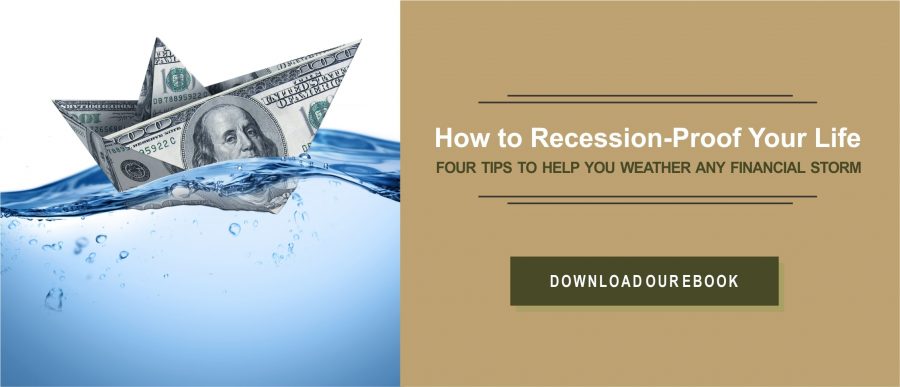Cash Management Strategies for Businesses with Cash Balances
A cash balance may sound like a good thing, but having too much comes with a cost. This cost is called opportunity cost. Opportunity cost is the loss of value or interest income that could be made if you put your money to work rather than letting it sit. By not maximizing these funds, you miss out on the potential growth it could experience. At minimum, this growth should allow the money to keep pace with inflation.
As financial advisors in Gilbert, AZ, the team at Watts Gwilliam and Company help business owners with their cash management needs. In our experience, there are ways to use this cash balance to your advantage.
Have questions about your finances? Contact the financial advisors at Watts Gwilliam and Company and start a conversation.
Open a Savings Account to Pay for Extra Expenses
Cashflow is key to a business’ survival – there needs to be enough to pay the bills. If you have a little left over after meeting your obligations at the end of the month, one option is to keep the money in a savings account, where it’s liquid and ready to use for additional expenses that may come up. Even a 1 percent annual percentage yield offers growth. It may be small, but $1 on $100 is better than $0.
Start an Emergency Fund
Another straight-forward strategy is to put the funds in a high-interest savings account where you can access it for future needs. A business’ operating environment can be very volatile. Just as a family saves for the unexpected, a business can more-comfortably weather tough times when there is money to fall back on. While no one could have predicted the Coronavirus-shutdown in 2020, it was a reminder for business owners (and everyone, for that matter) that anything can happen. Having a well-funded emergency fund can help make these times less stressful and prevent you from having to take on new debt or dip into other assets to make ends meet.
Invest in the Business
Another prudent use for a cash balance is investing it back into the company – think equipment that could improve productivity or real estate. While the cash balance will be spent in this scenario, using it to purchase something that can help the business turns that cash into a growth asset, as it’s now either regenerating revue or appreciating in value in some way.
Read our recent blog post: Understanding Alternative Investments: Financial Advisors in Gilbert Weigh-In.
Pay Down Debt
Think of paying down debt as an investment. When you pay off debt, you’re saving yourself the interest charges you would have owed.
If you have a credit card balance accumulating interest at 14 percent, every dollar you pay off is effectively earning a 14 percent return. Risk free.
Starting a business can be expensive. Having a cash balance can be a great opportunity to address some of the outstanding debt you may have needed to get your company off the ground.
Invest
Investing can be complicated, especially when your business is involved.
At Watts Gwilliam and Company, our team of financial advisors in Gilbert, AZ specialize in helping clients with these more complex investment management needs – mistakes can be costly! Discuss your situation with our team to see how we can help. Every investment carries some amount of risk. The key is finding the right amount for you and your business.
Schedule a no-obligation conversation with our team today.
Increase Dividends
Dividends are payments that a company pays its stockholders on a regular basis. There are different ways these can be paid – sometimes with cash paid directly to a shareholder’s account, and other times they come in the form of extra shares in a stock.
While dividend payments are not guaranteed, a financial advisor can identify companies that tend to follow the same patterns. For more about how this strategy works, talk to a financial advisor who specializes in working with small businesses.
Work with a Financial Advisor
“If only I had …”
These are four words that can haunt a failed business owner their entire lives. Don’t be afraid to ask for help. Small business owners tend to wear a lot of hats, taking on many roles to help their company grow and “save money.” While this is commended, trying to fulfill a role you’re not qualified for can backfire, costing you more in the long-run. A financial advisor with experience in helping business owners can be a great addition to your team.
According to the U.S. Bureau of Labor Statistics, 70 percent of small businesses fail in the first 10 years. Often times, the reason is the lack of a strategic, financial plan.
At Watts Gwilliam and Company, we aim to help business owners before an issue arises. Read our recent blog post: Business Owners: Do You Really Need a Financial Advisor? 6 Reasons the Answer is Yes!
Don’t be a statistic!

